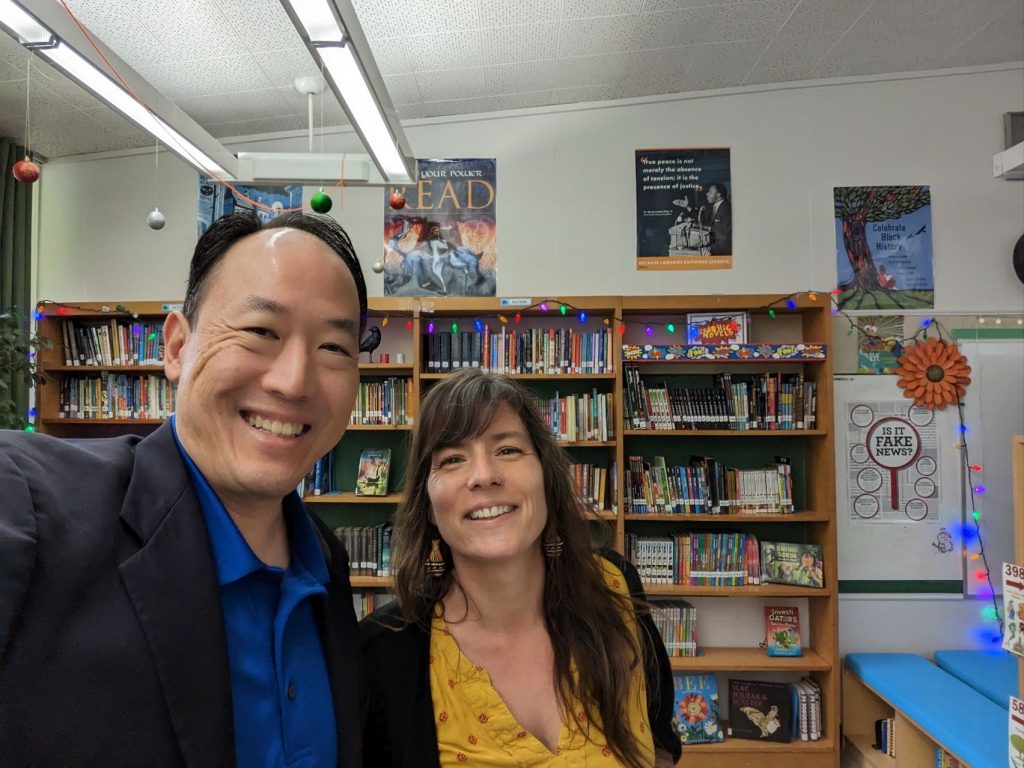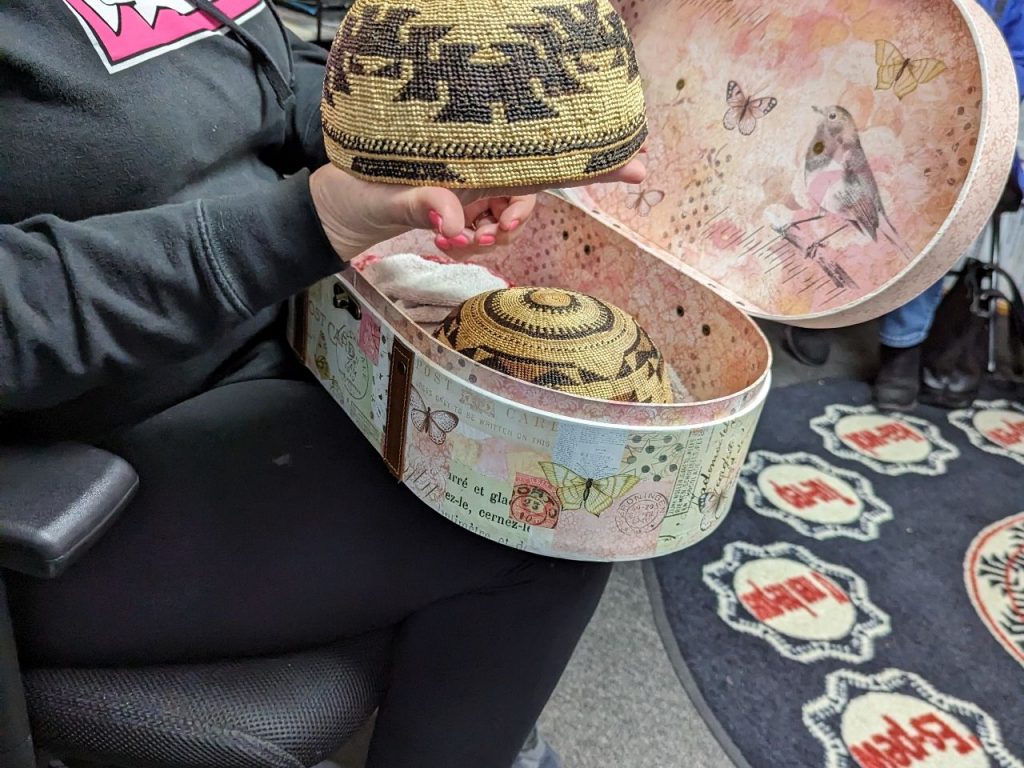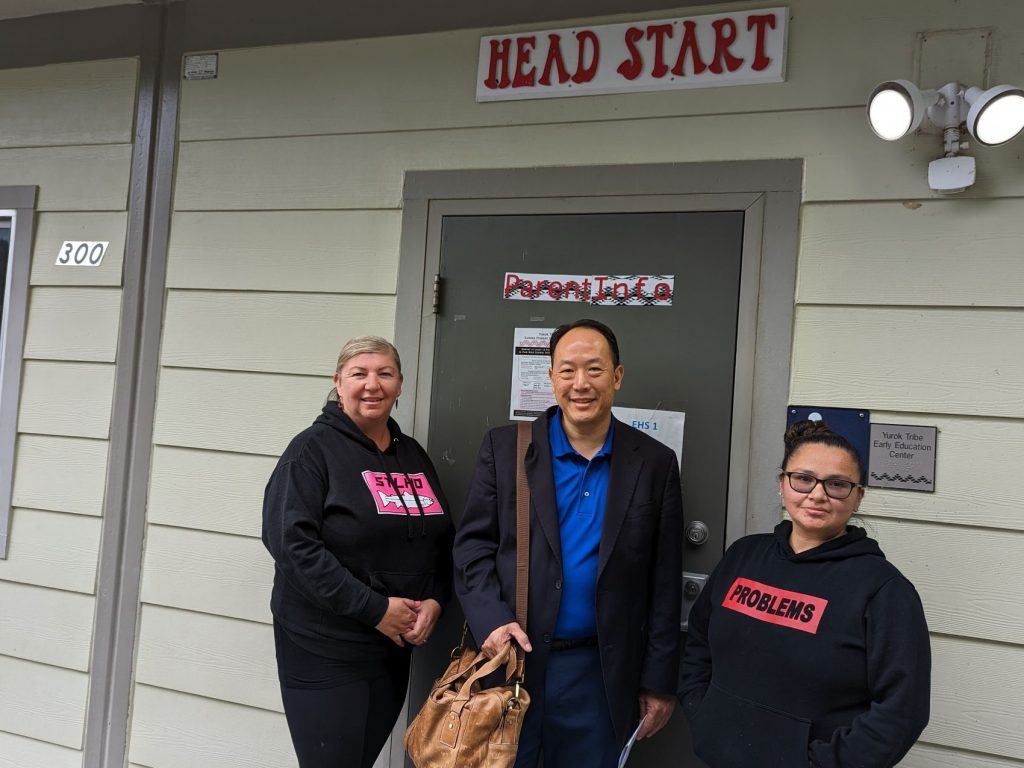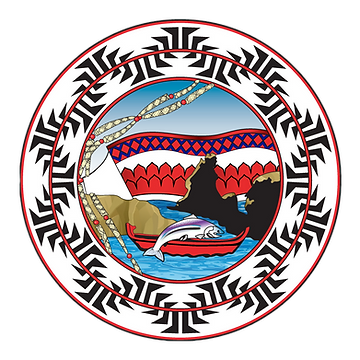
Increasing Access to Literacy and Libraries
for
Yurok Children and Families
Purpose
Reading Nation Waterfall is a three year federally funded project through IMLS working with five Native American tribes across the country. The Yurok Tribe is one of those partners and we are working with the Margaret Keating Elementary School, as well as the Head Start with three primary goals: 1) Increase access to books and libraries to children and families, 2) Increase the number of books and reading with parents/adults at home, and 3) Increase relevance and use of libraries for Native American communities. Two primary outcomes are to increase kindergarten entrance and 4th grade reading scores for each partnering tribe. One of our main activities is to provide an unlimited number of free books to children from 0-10 at preschool, elementary school, and their public libraries through strategically placed little free libraries that will be restocked with brand new/gently used librarian curated books every week.
Total Books Disseminated
| O’Me-nok Elementary School | 254 |
| Ke’pel Head Start | 531 |
| Yurok Boys and Girls Club | 72 |
| Del Norte County Library Outreach | 8127 |
| Take-Home Boxes | 216 |
| Free Book Fairs | 2,097 |
| TOTAL TO DATE (As of June 25, 2024) | 11,297 |
Yurok Tribe Partners
| Yurok Tribe Education Department | O’Me-nok Elementary School | Ke’pel Head Start |
|---|---|---|
| Jim McQuillen, Education Director | Lily Flores, Librarian | Autumn Jimenez, Manager |
Yurok Tribe History and Facts
The Yurok Tribe is the largest indigenous tribe in California, with over 6,000 members residing on the Yurok Reservation and surrounding communities. Their land is located in northern California, along the Redwood Coast and the Klamath River, in Del Norte and Humboldt counties.
The Yurok, which once inhabited over 50 villages across their territory, are known as great fisherman, eelers, basket weavers, canoe makers, storytellers, singers, dancers, healers, and strong medicine people.
Although contact with Europeans came relatively late to the Yurok, trapping expeditions and, later, the California Gold Rush brought significant changes to the community. Families were forcibly relocated to reservations, and children were sent to residential schools. This resulted in population decline and the near extinction of their native languages. The Yurok have since launched a revitalization of their language, and classes are currently offered in the community and at Humboldt State University.
In 1993, the Yurok adopted a constitution, which detailed the territory and jurisdiction of their lands.
Family/Child Literacy Program
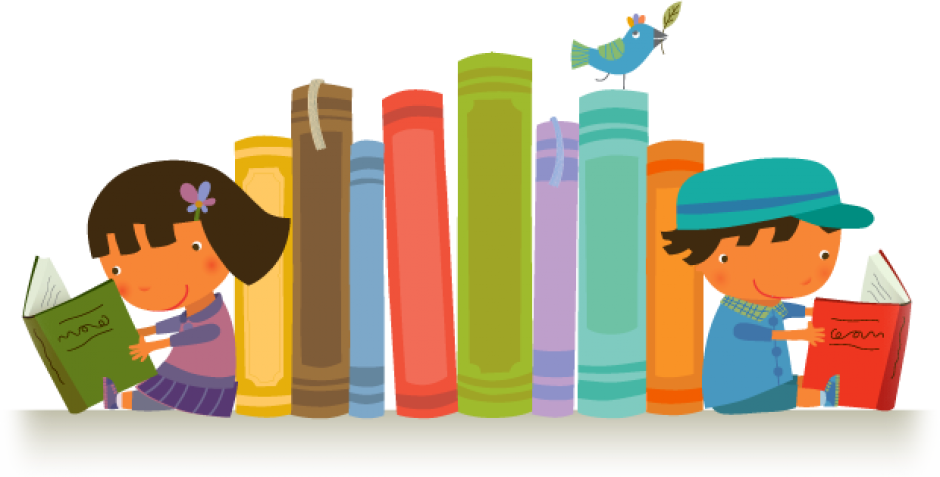
At home is where readers are made. Reading Nation Waterfall will provide the books for free but it is essential adults read with their children at home EVERYDAY.
Read
- Spend 15 minutes every day reading – anything! You can read to yourself or read aloud with the family.
- The most powerful ways to encourage young readers are also the simplest: talk with, listen to, read to, and write with your kids.
- Gather a variety of print materials and read them aloud to your child: a recipe, a grocery bill, a calendar, labels, mail, phone messages, signs, magazines, newspapers, games, posters. Even if children do not understand all the words, if they can see the connection between text and your words, and you can both pay attention to the text.
Write
- Provide writing materials: crayons, pencils, charcoal, paper, even backs of mailed paper; have children copy letters or do “pretend” writing.
- Write a new ending for a story you read or heard. Attach a photo to the middle of a paper. To the left of the phone, draw a picture and write what happened before the scene in the picture; then to the right of the photo, draw a picture and write what happened afterwards.
- Collect or draw pictures about a topic such as seasons, animals, colors. Paste them on paper, and caption them.
Talk
- Talk through activities you do. How do you cook, fix a car, do laundry, pull weeds, dress a child?
- Tell stories. Tell a story about your pet or toy; use a stuffed animal to tell a story.
Sing
- Sing songs to a child, and sing songs together.
- Clap or dance to the rhythm of a song.
- Make up new words to a song.
- Make up actions to a song.
Play
- Play nursery rhyme games such as Peek-a-Boo, This Little Piggy, Itsy Bitsy Spider.
- Draw the picture of a character or a place in a story you read or heard.
- Act out a scene or a plot in a book you read or a story you heard.

